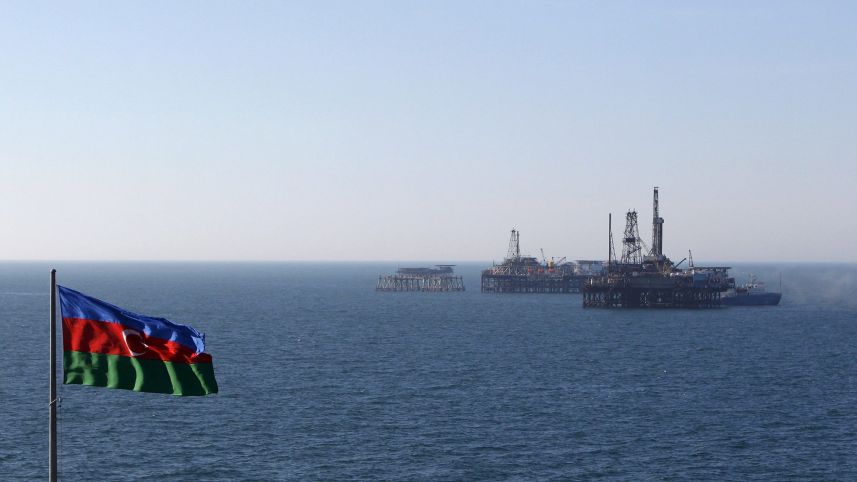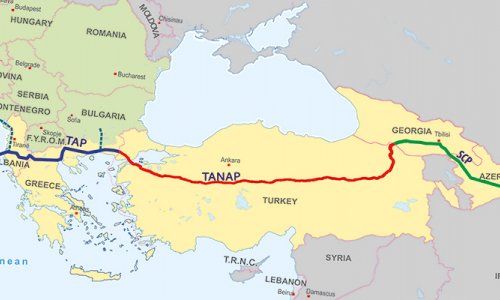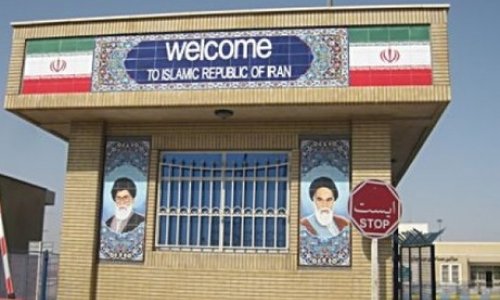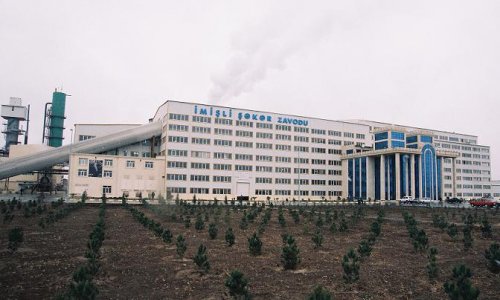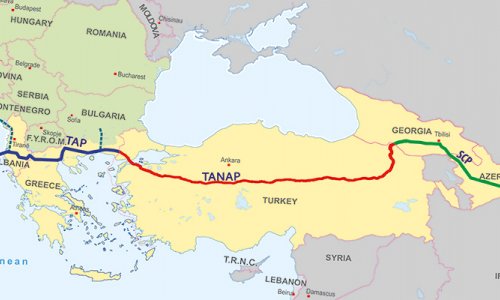In placing the full weight of his authority behind the natural gas program, Prime Minister Benjamin Netanyahu is claiming that exporting the natural gas is a very important geopolitical lever that could contribute to Israel’s foreign relations and security. He even made a special appearance before the High Court of Justice to defend his decision.
But the case of Azerbaijan – a significant energy importer – shows that this isn’t necessarily so.
Azerbaijan is rich in energy resources; it’s the world’s 17th-largest oil exporter and 26th-largest natural gas exporter, and its share of global gas exports is going to increase when a soon-to-be completed pipeline goes online.
Azerbaijan also happens to be a state with large swaths of its territory under the control of a neighboring country, Armenia. After the collapse of the Soviet Union in 1991, the two countries emerged as independent states.
They fought over the Nagorno-Karabakh region and Armenia, with Russia’s support, took control of the area as well as other parts of Azerbaijan. In the mid-1990s, a cease-fire and nonbelligerency agreement was signed, but Armenia has not relinquished its hold on any of the Azerbaijani territory it occupied.
Europe, which sought to reduce its dependence on Russian energy, saw Azerbaijan as an important player: Azerbaijan’s share of energy exports to Europe has increased significantly since 2005, when gas and oil pipelines began operating from Azerbaijan directly to the Mediterranean. These are especially important to Europe and the NATO alliance, because they supply energy through a route that bypasses Russia.
The U.S. administration also regarded development as significant and played an important role in encouraging the Azerbaijani authorities to advance the energy export projects. Then-U.S. President Bill Clinton was personally involved in the issue.
Exporting energy to the West by circumventing Russia also raised expectations in Azerbaijan that it could be used for geopolitical leverage. There were those who believed its strategic importance as an energy exporter to the West would improve Azerbaijan’s diplomatic standing, and that the West would support its demands to have the territories it had lost returned.
The process of trying to settle the conflict over Nagorno-Karabakh has been going on for over 20 years. Among the parties involved is the Minsk Group, which was set up in the 1990s as part of the Organization for Security and Cooperation in Europe. The Minsk Group is cochaired by France, Russia and the United States, with another six member nations plus Armenia and Azerbaijan.
To date, this diplomatic activity by the United States and European countries has yielded little progress, and the territories remain in Armenian hands.
In other words, Azerbaijan turning into a strategically important energy exporter to the West did not give Azerbaijan diplomatic leverage. It did not motivate the Western countries in the Minsk Group and other forums to work vigorously to restore Azerbaijan’s lost territory. The Western mediators in the Minsk Group stated outright over the years that Azerbaijan’s energy exports did not give it any geopolitical advantage.
Moreover, not only did energy exports do nothing to resolve the conflict with Armenia, it hasn’t even given Azerbaijan any advantage in the corridors of power in the United States or Europe.
Both conduct a critical foreign policy toward Azerbaijan that in various areas exhibits a double standard compared to how they deal with other countries in the region.
Azerbaijan did gain some geopolitical advantages for a certain period due to its geographic location, not its energy exports. When NATO and U.S. forces were in Afghanistan, Azerbaijan provided a vital logistical air and land transit route to Afghanistan. But its ability to offer Western countries an alternative energy source and reduce their dependence on Russia did little, if anything, to promote Azerbaijan’s security and foreign policy ambitions.
Exporting energy does not automatically give a country diplomatic leverage and doesn’t necessarily contribute to its security or foreign relations. The case of Azerbaijan demonstrates this.
There’s no guarantee it will work for Israel, either. It would behoove decision makers to deal with reality as it is, not as they want it to be, with regard to the gas agreement.
(Haaretz)
www.ann.az
Follow us !

